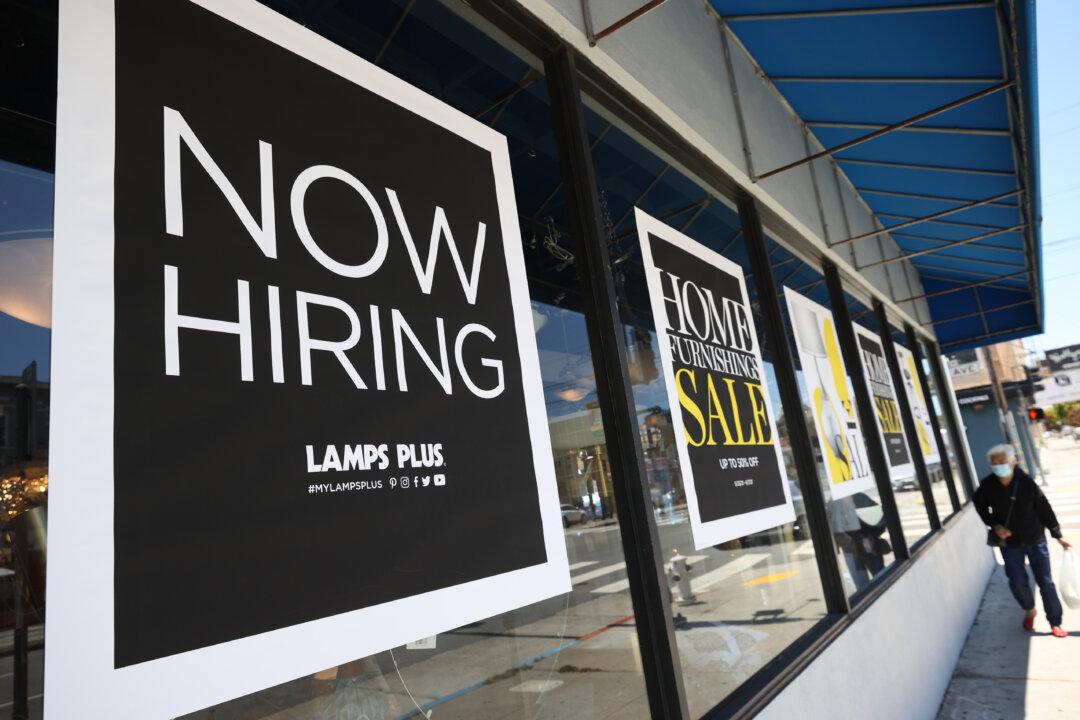A new survey suggests employers should brace for an increasingly competitive talent market post-pandemic, with half of U.S. workers telling pollsters they feel more in control of their careers and a majority saying they'd like to retrain for a job in an entirely different field.
According to Prudential’s latest Pulse of the American Worker Survey, which polled some 2,000 full-time employed adults in late May, 53 percent of American workers said they would switch jobs to a new field or industry if they had the opportunity to retrain.





